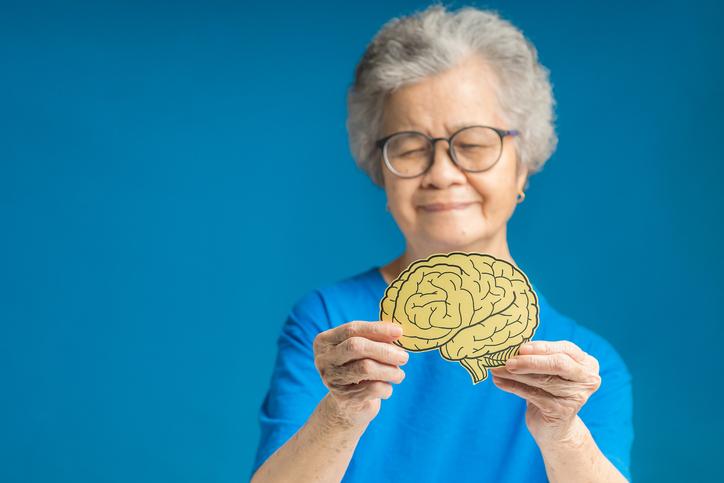28 января 2022
Intestines at Risk: How To Know if You Have Colitis


28 января 2022
Intestines at Risk: How To Know if You Have Colitis
## Sharp sensations
The large intestine handles the process of digestion — it moves the remains of food and excreted feces. Overeating, viruses, parasites, or bacteria in food can cause inflammation of the intestinal mucosa, which is called colitis.
Colitis may be acute or chronic. Acute occurs suddenly — you immediately feel a rumbling, bloating of the stomach, impaired stool, weakness, blunt or attack-like pain, and a feeling of heaviness in the intestines. If it is chronic, the sensations are a little less acute, but recur on a regular basis and cause considerable discomfort. In addition, chronic disease is fraught with serious consequences.
## Eating less
The most common cause of colitis is an improper diet: overeating, excessive consumption of calories, sweet, spicy, and fried foods, not enough vegetables in the diet.
However, there are other causes:
- Infections caused by pathogenic microorganisms, microflora disruption
- Gastrointestinal diseases (gastritis, ulcers, cholecystitis, [pancreatitis](https://ul.orna.me/KOge/librarydisease?id=93), cholelithiasis)
- [Autoimmune](https://ul.orna.me/KOge/librarydisease?id=30) pathologies
- Congenital and hereditary changes in the intestine
- [Stress](https://ul.orna.me/KOge/librarydisease?id=19) and alcohol
- Disorders of blood circulation in the intestine
- Medications (antibiotics, hormones)
## How to be sure it is colitis
Colitis can be confused with irritable bowel syndrome (IBS). Their symptoms are similar, but the difference is that IBS does not cause inflammation and lesions in the colon. The smooth muscle cells of the intestine may be disrupted, causing food to either pass in transit or, conversely, stagnate and lead to constipation. Colitis-like symptoms are also seen with celiac disease, which is gluten intolerance. This is detected by a blood test for antibodies, a genetic test, or a histological examination.
__If colitis is suspected, tests must be done which may include the following:__
- Clinical blood test, which will show the degree of inflammation and anemia
- General urinalysis to rule out pathology of the urinary system
- Biochemical analysis—blood glucose levels, liver markers ([bilirubin](https://ul.orna.me/KOge/librarybiomarker?id=9), [ALT](https://ul.orna.me/KOge/librarybiomarker?id=1), [AST](https://ul.orna.me/KOge/librarybiomarker?id=63), [GGT](https://ul.orna.me/KOge/librarybiomarker?id=13))
- ELISA blood test to diagnose infections
- Bacteriological analysis of stool with isolation of pathogenic, conditionally pathogenic, and normal intestinal microflora, hidden blood
- Ultrasound examination of the abdominal cavity organs.
- Colonoscopy (examination of the mucosa of the large intestine)
## Plan of action
Depending on the causes of colitis, medications are prescribed for treatment, as well as means to restore the intestinal microflora such as probiotics, prebiotics, synbiotics, and enzyme preparations. It is impossible to cure colitis without a sparing diet, which reduces the load on the gastrointestinal tract and accelerates the healing of the mucosa.
All products, which mechanically or chemically irritate the intestinal mucosa, dairy products, cabbage, and beans are excluded from the diet. You should be very careful with raw fruits and vegetables. If you are going to eat lean meat and fish, it is best to steam them. During an aggravation, it is recommended to eat soft or pureed foods more than 4–5 times per day.













